Table of Contents
Introduction
Oracle is the global IT service provider that has its headquarter based in the US. The company provides the applications products along with education, consulting, and support services.
Oracle changes the exam pattern every year in oracle interview questions. The exam is done through the four stages of the whole process. It is a well-known American company with its working areas in software products, engineering systems, technology, and cloud engineering.
Selection Process
The selection process consists of the three basic rounds, and these of the rounds follow as:
- Written Exam
- Technical Interview (oracle interview questions)
- HR Interview
Types of Interview Questions
Specific oracle interview questions are based on the personality that owes to the candidate:
- Tell us about yourself.
You are required to provide a summary of your whole life experience. It covers the area that you believe will reflect well on your personality type. Try to keep it short, concise, and engaging that will lead to further questions as well. Do not cover all the details of your life experience; just a few details will be enough to tell about you.
- Why do you want to work here?
Start with an answer that you will probably provide when you are serious about working for a particular company. Then, check out the whole portfolio of the company and prepare the entire presentation. Try to incorporate a few bullet points that can create a connection between you and the company you are interviewing for.
If your colleagues have worked here, try to reach out and take their guidance for the same. If you don’t connect with any colleagues or friends, let the interviewer know that you are well-connected with the company with your thoughts.
- Why are you applying for this position?
It should summarise the answer to the question, “why should we hire you?” For the answer, try to highlight the company’s profile and then yours.
Top 20 Oracle Interview Questions with Answers
1. Differentiate between varchar and varchar 2.
- Varchar: It can store the characters up to 2000 bytes. It can hold the space for characters.
- Varchar 2: It can store characters up to 4000 bytes. It can release the unused data only.
2. What are the basic components you should count on in the logical database structure of the Oracle Database?
The components that are there in the logical database structure of the Oracle database are:
- Tablespaces
- Database schema objects
3. Describe an Oracle Table.
It is the basic unit for data storage in the Oracle database. It consists of accessible information that is there in rows and columns. To create a new table in the Oracle database, we use the “CREATE TABLE” statement.
4. Create the relation between Database, Data File, and Tablespace.
Oracle database consists of one or more logical storage units, which are called Tablespaces. And each tablespace in the Oracle database consists of one or more files called Data Files. Furthermore, these Tablespaces collectively store the entire data of the databases.
5. Describe the various Oracle database objects.
The oracle database objects are:
- Tables
- Tablespaces
- Views
- Indexes
- Synonyms
6. Explain the ANALYZE command in Oracle.
The command is used to perform various functions on table, index, or cluster:
- It is used to identify the chain rows of tables.
- It is used to validate the structure of an object and further helps in collecting statistics of the object used by the user.
- It also helps to delete the statistics used by an object from the data dictionary.
7. Define the types of joins used in writing subqueries.
JOIN is used to compare and combine. There are three types of joins in SQL, and these are:
- Self-join
- Outer join
- Equi-join
8. What is a RAW datatype in Oracle?
A RAW datatype in Oracle is used to store variable-length of binary data. The maximum size for a RAW in the given table is about 32767 bytes. Unfortunately, PL/SQL doesn’t recognise the data type itself, and hence it cannot have any conversion whenever the RAW data is transferred to different systems.
9. Define the aggregate functions in Oracle.
It is the type of function where multiple rows and records are joined together to get the single output value. Then, it performs the summary operations on the set of values. There are several aggregate functions that you can use in your code to perform the calculations. Some of the common aggregate functions are count, average, and sum.
10. Explain temporal datatype in Oracle.
Oracle provides the following temporal data types:
- Date data type
- Interval data type
- Timestamp data type
11. Define the different types of SQL functions.
The two distinct types of functions are:
- Single-row functions
- Multiple row functions
Single row functions are operated on a single row to give one result per row. And multiple-row functions operate on groups of rows to give one result per group of rows.
12. What are the general functions used in SQL?
The general functions used in SQL are:
- NVL
- NVL2
- NULLIF
- COALESCE
- Conditional Expressions
13. Describe the types of Sun Query.
The types of subqueries are:
- Single-row subquery, and
- Multiple row subquery
Single-row subquery returns to only one row from the inner selected statement. Multiple row subquery returns to more than one row from the inner selected statement.
14. What is the use of Double Ampersand (&&) in SQL queries?
If it is required to reuse the value without prompting the user each time, && is used.
15. What are the attributes of the cursor?
Each cursor in the oracle has a particular set of attributes. Attributes are used to check whether the cursor is open or close, found or not found, or also used to check for the row count.
16. Define the various constraints used in Oracle.
The constraints used in Oracle are:
- NULL
- NOT NULL
- CHECK
- DEFAULT
NULL is used to indicate the particular column contained in the NULL values. NOT NULL is used to indicate the specific column that further cannot contain NULL values. CHECK is used to validate the values given in the column, and DEFAULT is used to indicate the value assigned to the default value.
17. Write the fastest query method used to fetch data from the table?
It is done by using the Row ID. A row can be fetched from the table using the Row ID.
18. Create the difference between Cartesian Join and Cross Join.
There is no such difference between Cartesian Join and Cross Join; both are the same. Cross Join gives the Cartesian product of two tables.
19. What is PL/SQL?
It is the extension of SQL (Structured Query Language) used in Oracle. It combines the data manipulation power of SQL with the processing power of procedural knowledge.
20. What are the characteristics of PL/SQL?
Following are the characteristics of PL/SQL:
- It is a block-structured language.
- It is portable to the environment that is used for Oracle.
- It is integrated with the Oracle data dictionary.
- It helps in better sharing of applications.
Frequently Asked Questions
Oracle is an IT service providing company that takes out its syllabus and the exam pattern for the recruitment process. The Oracle interview process takes around 2-4 weeks to complete.
1. Fundamentals of databases
2. Conditional filters
3. How Indexes work
4. Basic SQL syntax
5. Backup databases
6. OLAP
7. Using indexes to speed up SQL queries
8. Gain a working knowledge of PHP
JAVA: It is a widely known programming language. This programming language is related to C++. It is easier to switch in between both of the two.
SQL: Some of the skills that any Oracle developer should acquire include:
1. Creation of SQL server 2005
2. Developing complex SQL queries
3. Performing tuning issues for SQL queries
4. Creating SQL scripts
5. Tuning for various Oracle-based applications
6. BI
7. PI/SQL
8. Database
The Takeaway
Oracle primarily specialises in computer technology. It develops tools for database development, supply chain management software, and CRM software. Oracle interview questions round is related to the IT industry that will allow you to work with the experts in the industry. Oracle invites the candidates to pursue a full-time course with more than 60% of CGPA. It poses one of the most important exams that help to make your career in the IT industry.
Coding Ninjas Code Studio is a committed boot camp program that helps you advance your learning tips and get higher chances of getting selected for your dream job. What are you waiting for – get in touch with us today!
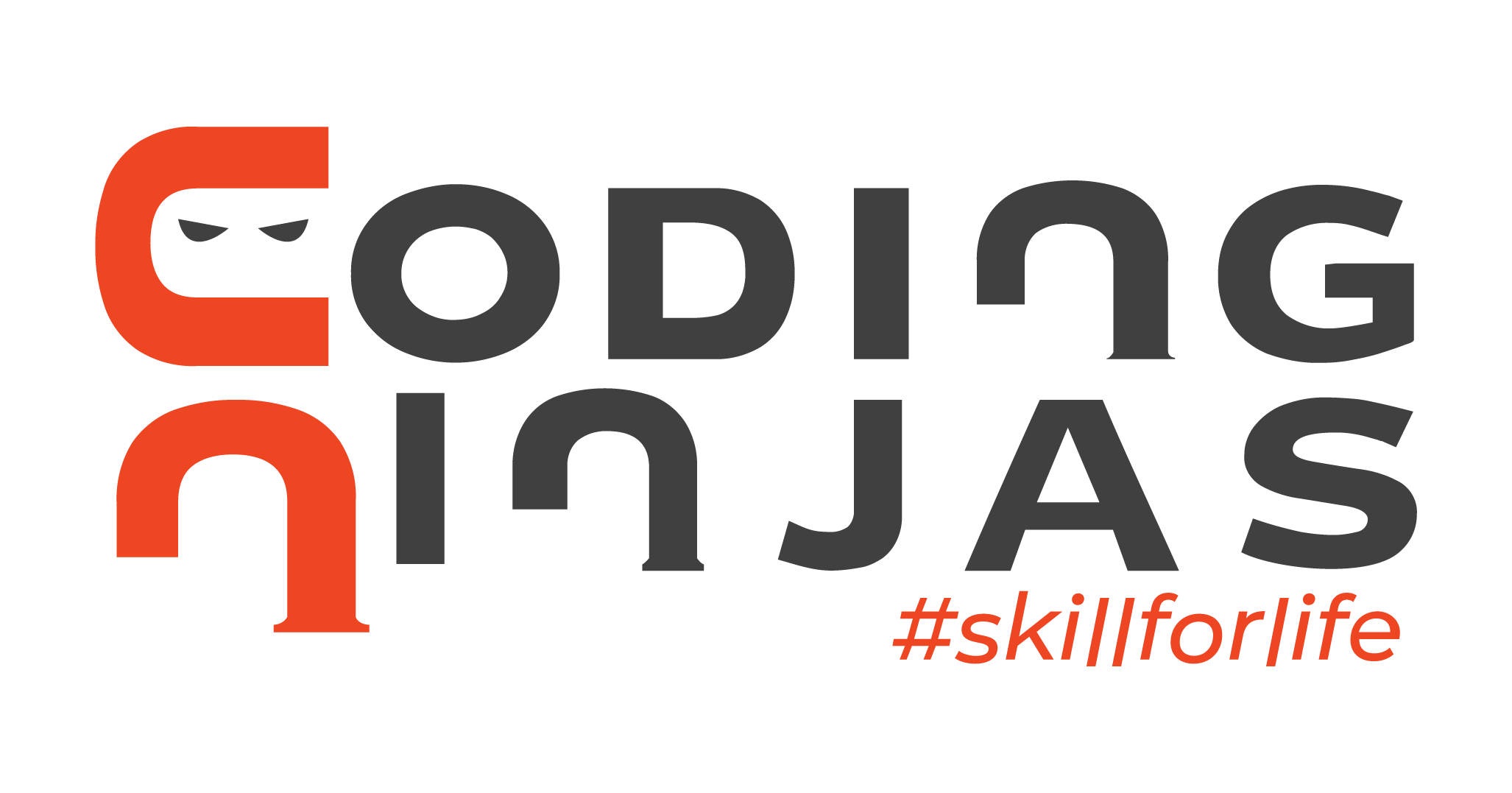
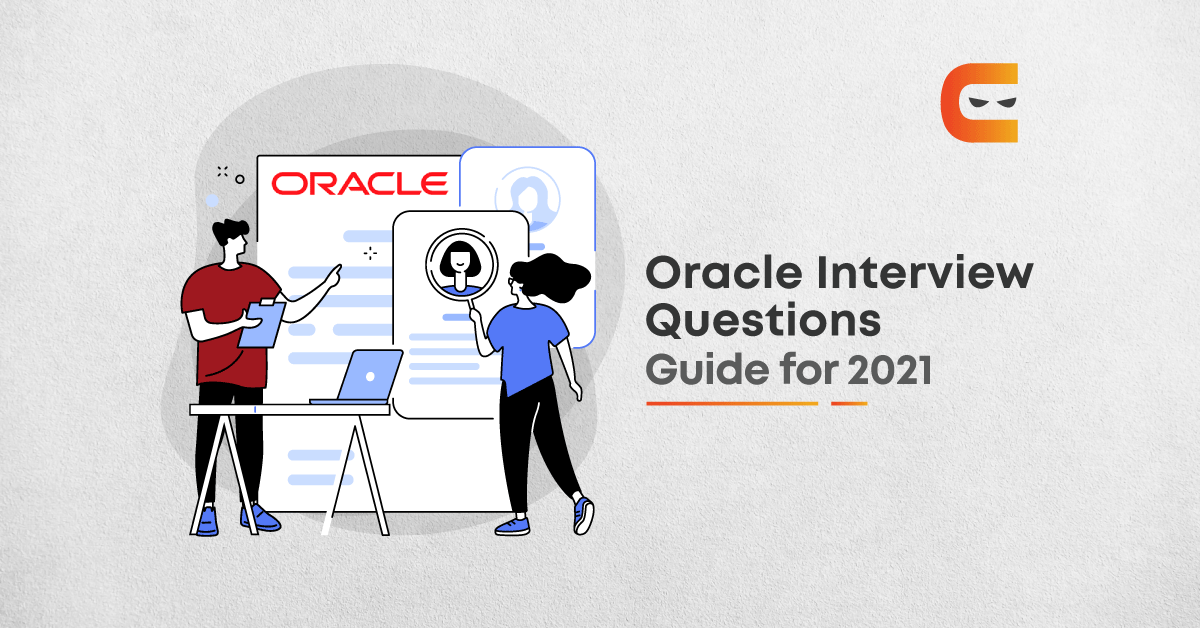

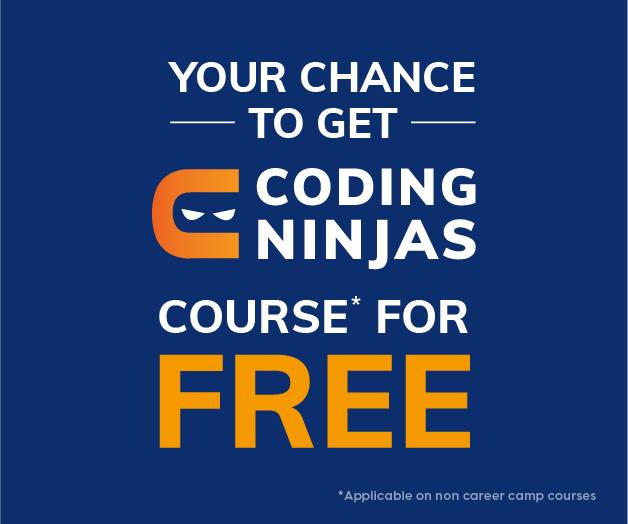

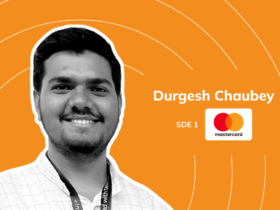
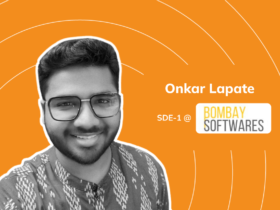








Leave a Reply